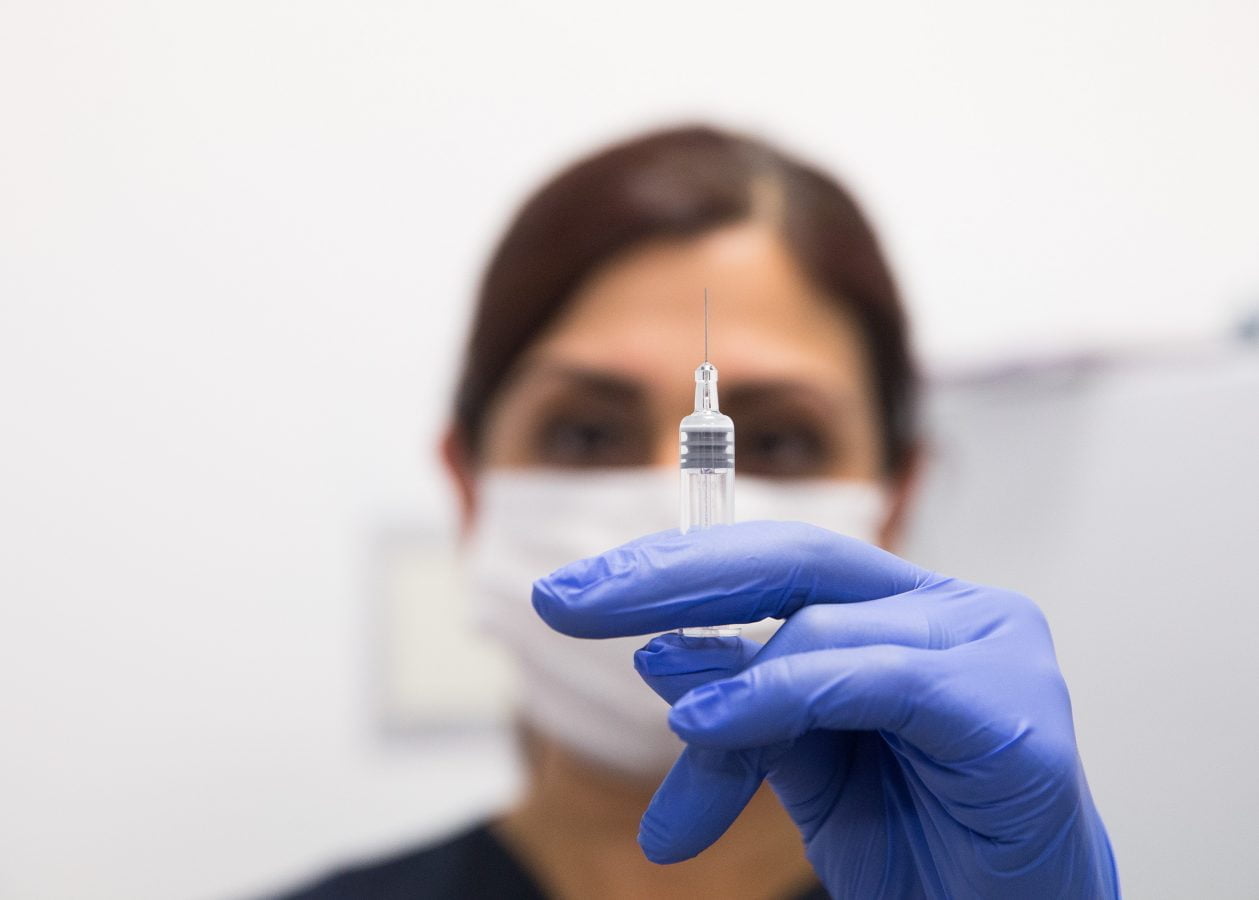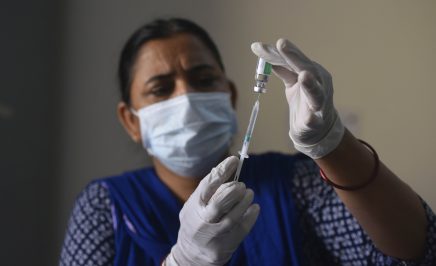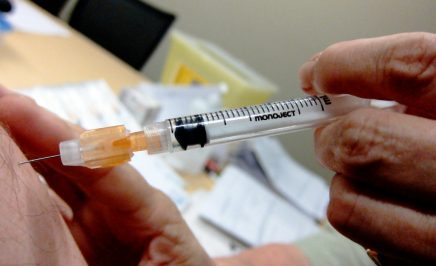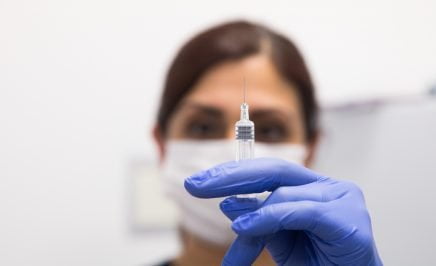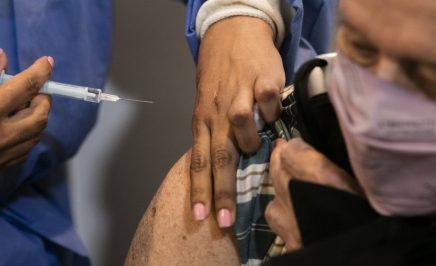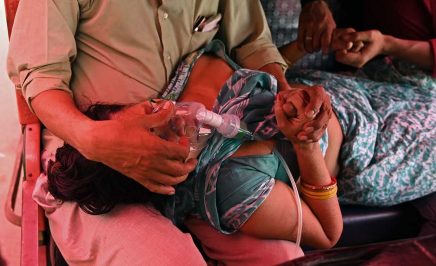In the coverage of the COVID-19 pandemic and the development of vaccines, you may have heard about a move to waive intellectual property rights – also known as the TRIPS waiver. Australia is one of the few countries, including the UK and the EU, which haven’t indicated support for the waiver. But it could help countries fast track vaccine production and end suffering like the recent heartbreaking scenes from India and Cambodia.
Significantly the United States today announced it would be supporting the waiver.
What is TRIPS?
The Trade-Related Aspects of Intellectual Property Rights (TRIPS) is an international treaty which regulates intellectual property rights. Multiple provisions of this agreement may cover the manufacturing of COVID-19 vaccines, these conditions creating barriers for poorer nations to access vital medical supplies. Perhaps most significantly, patents on pharmaceutical products and ‘protections of undisclosed information’ prevent smaller companies or nations from developing and manufacturing large quantities of lower-cost vaccines. Large pharmaceutical companies use the provisions of TRIPS to establish themselves as the sole producer and supplier of medicinal products or vaccines. These licensing conditions have already resulted in several vaccine shortages, such as those felt intensely across Europe. The use of TRIPS and pharmaceutical patents mean that large pharmaceutical companies are prioritising secrecy and profits over the right to health.
Why is it important to waive this agreement?
In October of 2020, India, South Africa, Kenya and Eswatini proposed a temporary waiver on provisions of the TRIPS Agreement due to the ongoing COVID-19 emergency. This waiver would entail the removal of the hefty barriers to research, creation and supply, which are large obstacles to the ‘prevention, containment and treatment’ of COVID-19.
By waiving such barriers, and allowing lower cost and greater volume supply of COVID-19 vaccines, developing states can more readily protect themselves and their citizens. The right to health and life should be the most important consideration in these decisions. By removing some of these barriers to the proliferation of medical knowledge, the TRIPS waiver could potentially make the production of life-saving vaccines affordable for developing nations and protect billions of individuals in the most at-risk nations. Ensuring the right to health and life for all, regardless of an individual’s state of origin.
Individuals across the globe are guaranteed an international system which protects and realises these rights under section 28 of the UDHR. At the outset of this pandemic, the UN General Assembly stressed the need for cooperation in countering the pandemic. However, this has not occurred. We can only expect tangible action if governments ‘recognise their human rights obligations and ensure that those most in need of life-saving vaccines are not left behind’ (Tamaryn Nelson Amnesty International Advisor on the Right to Health). The human rights of vulnerable individuals are compromised in the selfish and inhuman actions of states who neglect to consider, or advocate for the rights and lives of those in other countries. Without this waiver, profits are elevated, at the expense of the right to health and life.
What is Australia’s position on the TRIPS waiver?
On the 1 June 2021, Trade Minister Dan Tehan wrote to Amnesty International Australia to say that the government is “not opposed” to the TRIPS waiver proposal. . With 118 of 164 WTO members supporting a waiver, Australia alongside the UK, EU and other high-income nations is preventing a consensus decision, and blocking an adoption of these vital temporary changes. Also on June 1, it was announced that Australia – along with Japan, Singapore, Brazil, Kore, Norway, the EU, Switzerland and the UK – was ‘expressing doubts’ about moving to text-based negotiations of the proposal and wanted more time to revise it.
Australia claims its participation in the COVAX facility is sufficient, however, COVAX was only ever meant to be an emergency measure.
Despite proclaiming its role as a regional leader in the pacific, Australia continues to act in the contrary; hoarding vaccines and preventing imperative changes to TRIPS. Effectively, denying many of its vulnerable neighbours crucial access to medical treatment. Amnesty International Australia campaigner Joel Mackay said: “It is embarrassing that Australia is blocking the TRIPS waiver proposal that would allow more countries to manufacture and access COVID-19 health products, including vaccines. The Australian Government must stop blocking this important reform”.
By opposing this proposal, Australia is actively interfering with developing nations’ means to provide low-cost healthcare and infringing upon the human right to health, as well as impinging upon its own capacity to protect its citizens. This decision lacks compassion and reason, Australia itself experiencing the fallout of these vaccine shortages. In opposing the TRIPS waiver, Australia is committing an egregious disservice to itself and the international community.
